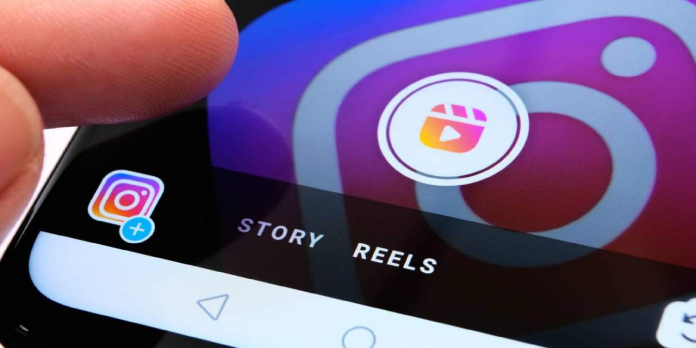There was a time when social networks, at least those that presented some “timeline,” provided a chronological list of what others had been up to as events unfolded. However, those days are long gone. The most recent generation of social media users has been educated to accept the status quo of “algorithmic feeds” as the most excellent way to stay current. Instagram fought back against the reaction and complaints of the switch for years, but it took a single Senate inquiry to persuade the company to alter its mind and reinstate the much-requested function.
For years, social media platforms such as Instagram, Twitter, and, most notably, Facebook have pushed for this algorithm-based feed system. They claim that it’s simple for users to miss out on what their close friends are tweeting or uploading because they’ve been buried by a flood of tweets or images from another acquaintance. Social media platforms believed that presenting more relevant material from more relevant people at the front could provide a better experience.
Part of the issue with the new method was that it was easy to miss out on potentially fascinating information because the system didn’t think it was relevant enough. Some users first perceived posts as recent when they had been made days or even weeks previously. However, users’ biggest gripe is the black magic that goes on behind those algorithms. Some even believe that these large social media corporations are rigging the algorithms to favour information that will bring them more traffic and revenues.
The latter is at the heart of Instagram‘s latest issue, particularly regarding the mental health of its younger users. Its secret algorithms may have played a role in not just keeping teenagers hooked but also in keeping them focused on the same things, even if they were potentially hazardous to their mental health. Body image, violence, and other issues are just a few of the topics that have come to light due to the recent revelations that have prompted this congressional probe.
After years of fighting against it, Instagram finally conceded and restored its chronological feed. However, it is plain that it will not return to that structure but provide it as an alternative for those who desire it. Twitter has long offered this option to its users, with selections for its time-based feed and “top tweets.”
On the other hand, Instagram is developing a Favorites system that will allow you to choose who you want to see at the top of your timelines. These features will not be available until at least the first quarter of 2022, but people who have been waiting for them for years will likely be willing to wait a few more months.
Source: Instagram



